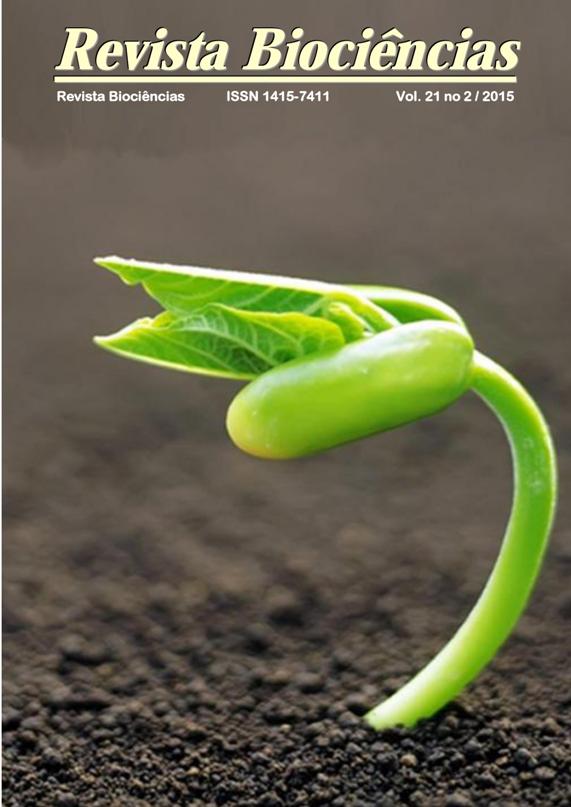Rural farms characteristics as a risk factor to the quality of drinking water in the Córrego Rico watershed - SP
Keywords:
water supply, Escherichia coli, nitrate, wells, rural population, rural sanitation.Abstract
This study aimed to investigate the quality of drinking water in rural properties and identify the main factors that depreciate the water quality. Water was sampled from water supply and tap of 26 farms during both rain and drought periods. The Escherichia coli presence and nitrate concentration were determined. The farmers were interviewed to identify hygiene and health awareness, practices adopted and characteristics of farms that could be related directly or indirectly to water quality. Approximately half of the samples were in disagreement with the law, mainly due to the presence of E. coli. Thus, most of properties exhibited inadequate environmental characteristics of organic and solid waste destinations. The main factors related to water contamination were the fact that the farmers do not believe that water transmits diseases to humans and not participate in any cooperative and/or association. We conclude that the poor water quality on the farms is mainly related to the lack access to information leading farmers to ignore factors that would contribute to the improvement of the drinking water in rural properties.



